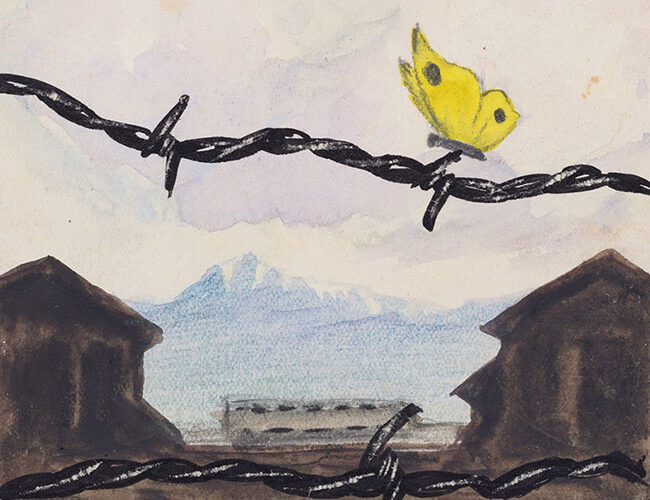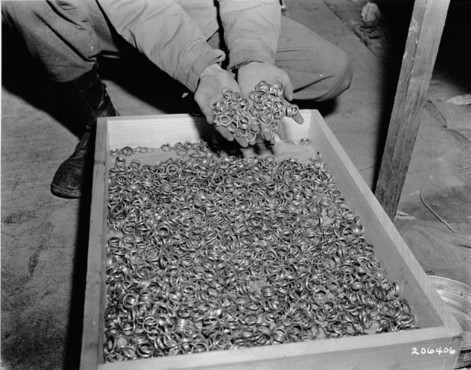Frankl: Finding Meaning In Everyday Life (2/2)
Is the meaning of life something which can actually affect our daily lives, or is it an abstraction for philosophers? Viktor Frankl is convinced that a lack of meaning causes depression, addiction, aggression and boredom. He believes the key to finding meaning is realizing that life’s meaning is not a question that you ask life, it is a question that life asks you. Even the task of suffering courageously can be a means of fulfillment. Our sole and brief life offers one chance to act rightly before being forever sealed into the past. The task of being worthy of your sufferings, if that is your fate, might not be so meaningless after all.


